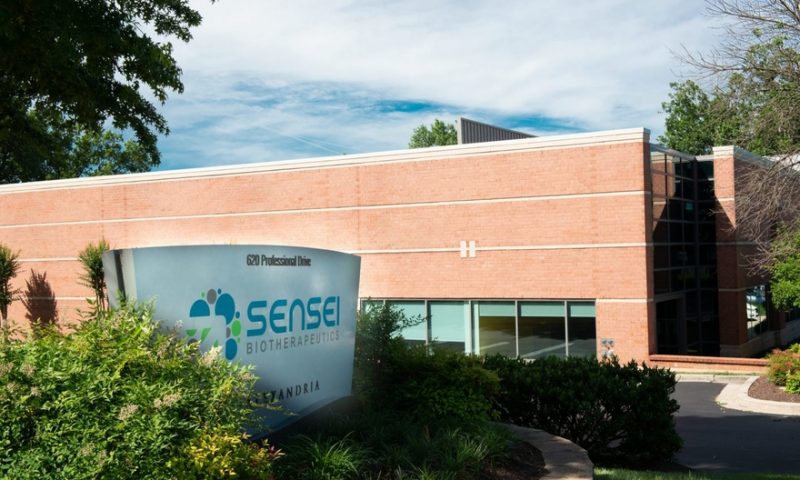Sensei Biotherapeutics has raised $28.5 million to advance a pipeline of personalized cancer drugs. The financing round comes weeks after Sensei shared clinical data on the effect of combining its lead asset SNS-301 with Merck’s checkpoint inhibitor Keytruda.
SNS-301 is the most advanced example of Sensei’s immunophage approach. Sensei is engineering noninfectious lambda bacteriophage viruses to display target antigens. Upon entering an antigen-presenting cell, phage virions trigger a response that leads activated T cells to target the displayed tumor-associated antigen (TAA). Sensei plans to make personalized therapies out of off-the-shelf components, cutting the time it takes to deliver a treatment tailored to a patient’s tumor.
That pitch has resonated with some investors. Cambrian Biopharma and H&S Ventures co-led the new financing round with the support of Future Ventures and Apeiron Investment Group, giving Sensei the means to advance on several fronts.
Sensei will use some of the money to expand development of SNS-301, a bacteriophage engineered to express a fusion protein of native bacteriophage GPD protein and a selected domain of aspartate β-hydroxylase (ASPH). The focus on ASPH is underpinned by evidence it is upregulated in more than 20 cancer types and implicated in cell growth.
Last month, Sensei shared an early look at data from a phase 1/2 clinical trial that is testing SNS-301 in combination with Keytruda in patients with squamous cell carcinoma of the head and neck, a disease associated with a low rate of responses to checkpoint inhibitors. Sensei saw one partial response in the first nine patients and a handful of cases of stable disease.
The responder had PD-L1 negative disease, leading Sensei Chief Scientific Officer Robert Pierce to frame their improvement as “a clear conversion from a poorly inflamed tumor into an inflamed microenvironment, characterized by significant T cell infiltration and upregulation of PD-L1.” The data encouraged Sensei to expand its platform to other TAAs.
Armed with the fresh funding, Sensei will forge ahead with those plans while stepping up its work on camelid-based antibodies, also known as nanobodies, which it sees as both immunophage payloads and standalone medicines. Sensei’s plans also include a new approach to checkpoint inhibition and a potential expansion into infectious diseases in partnership with industry or government.

